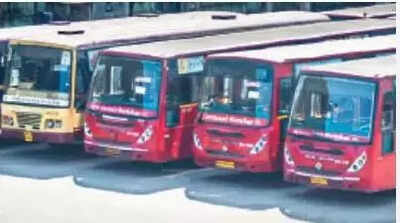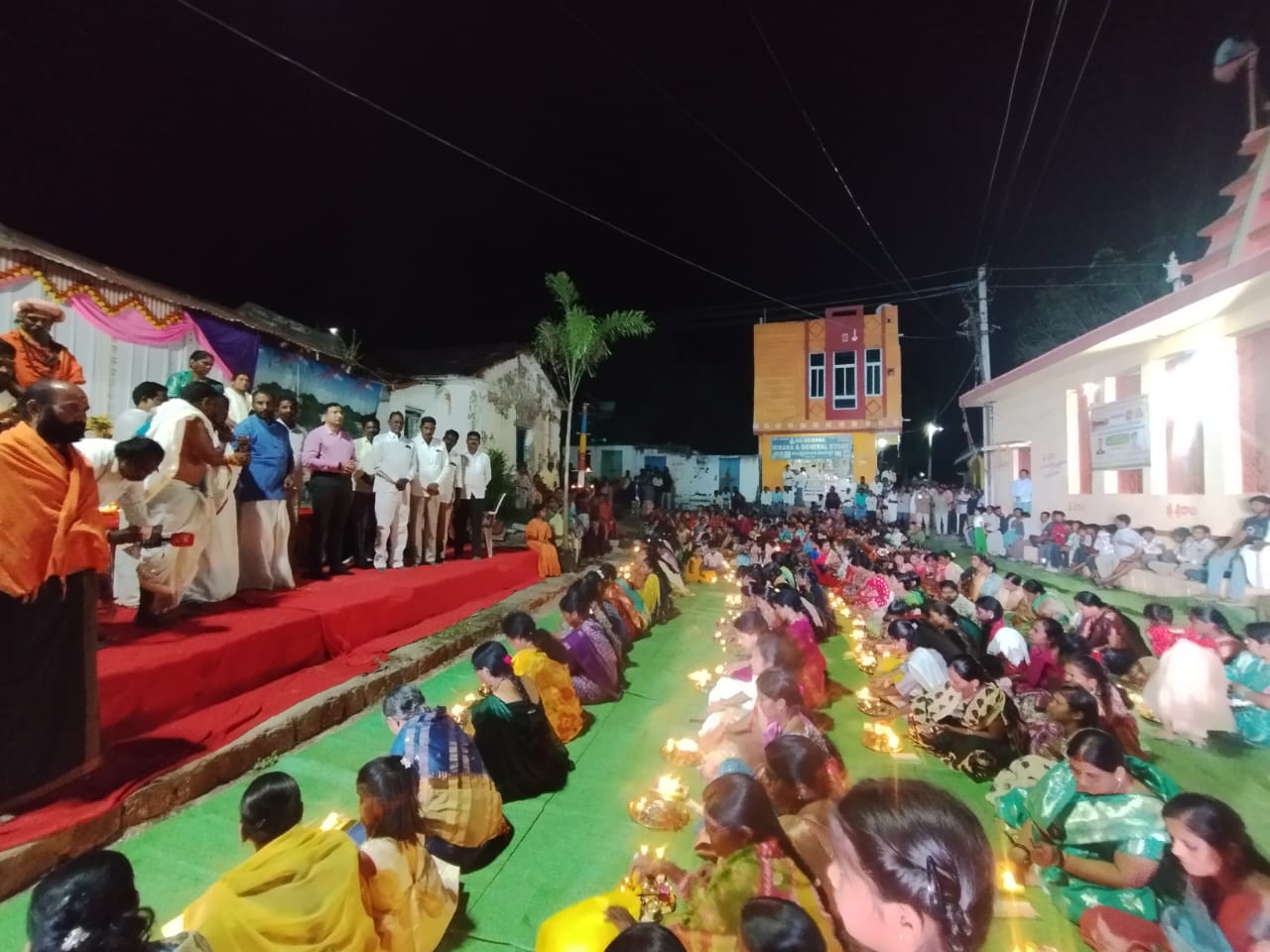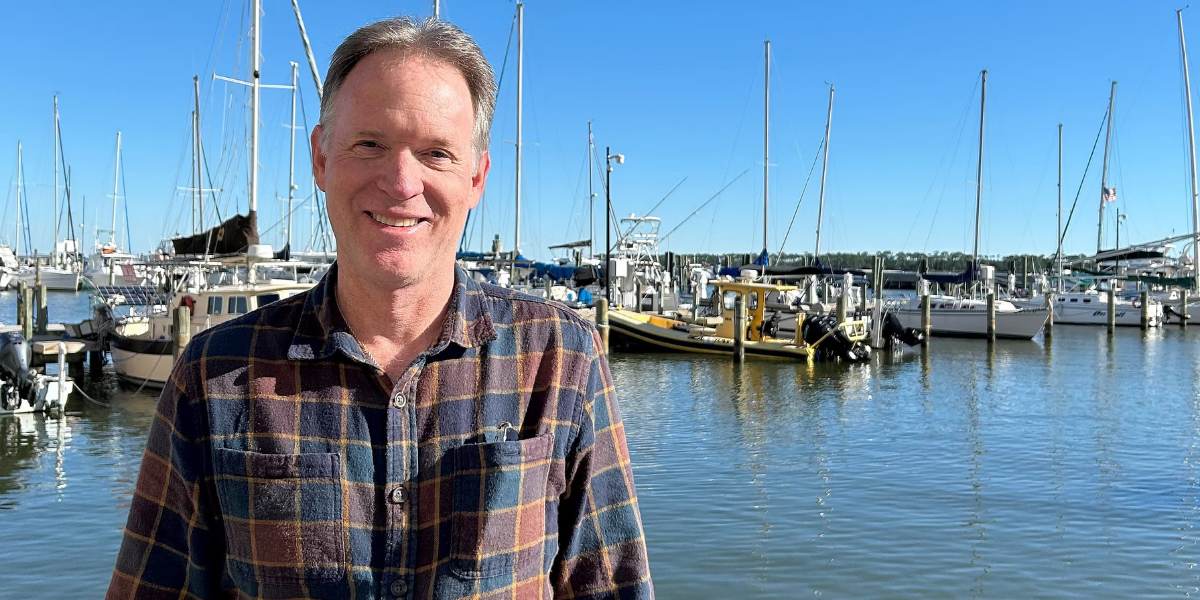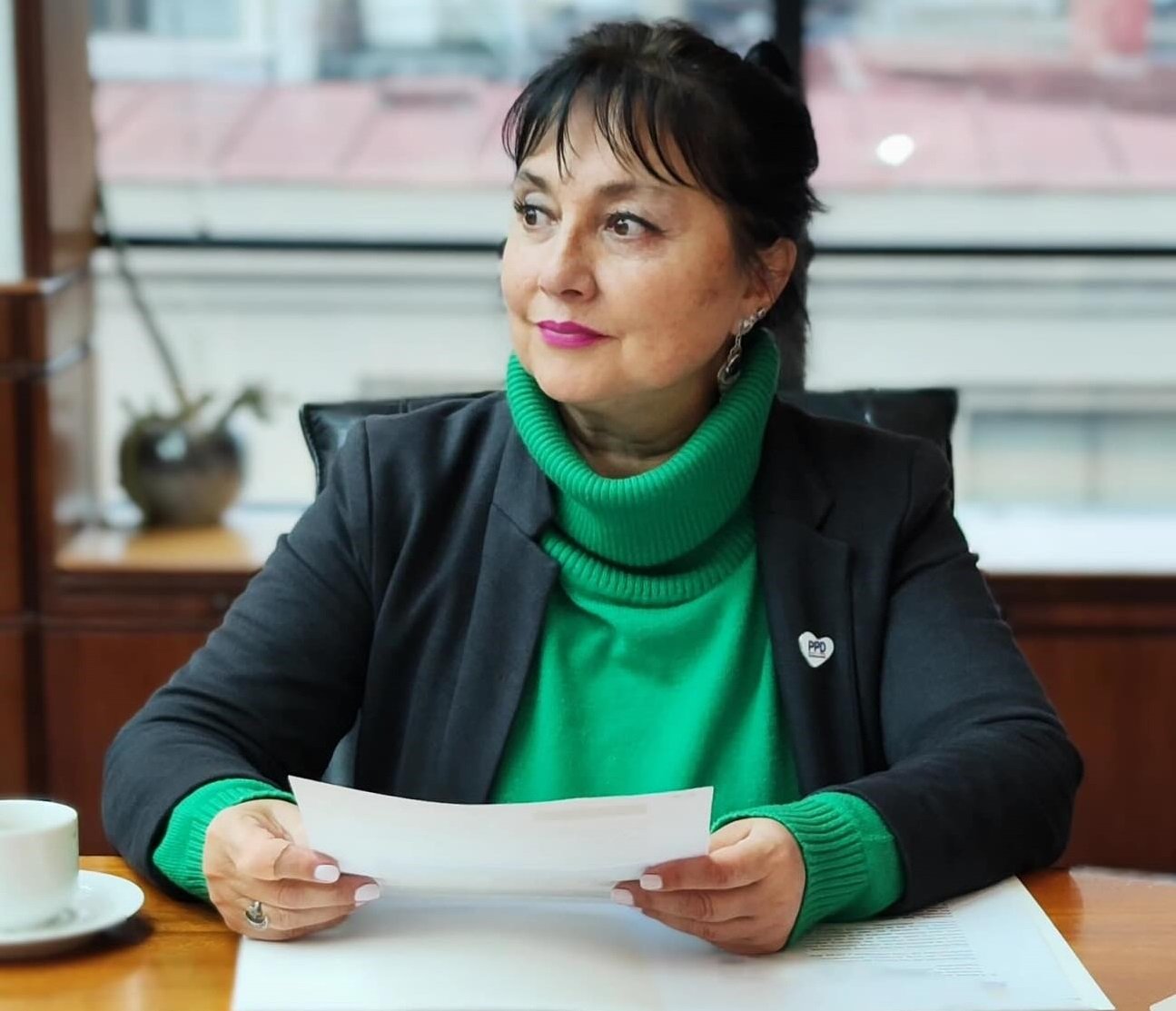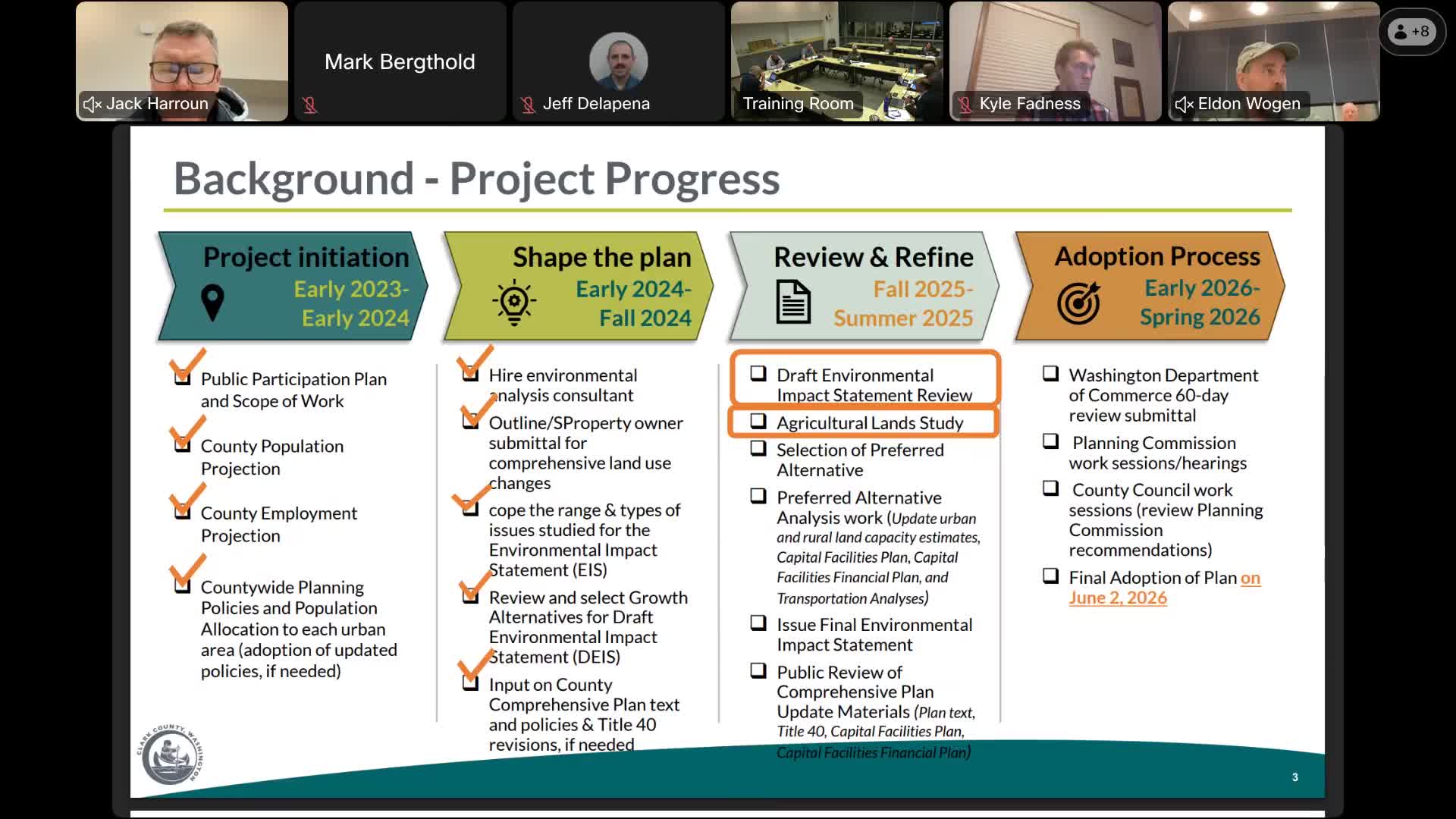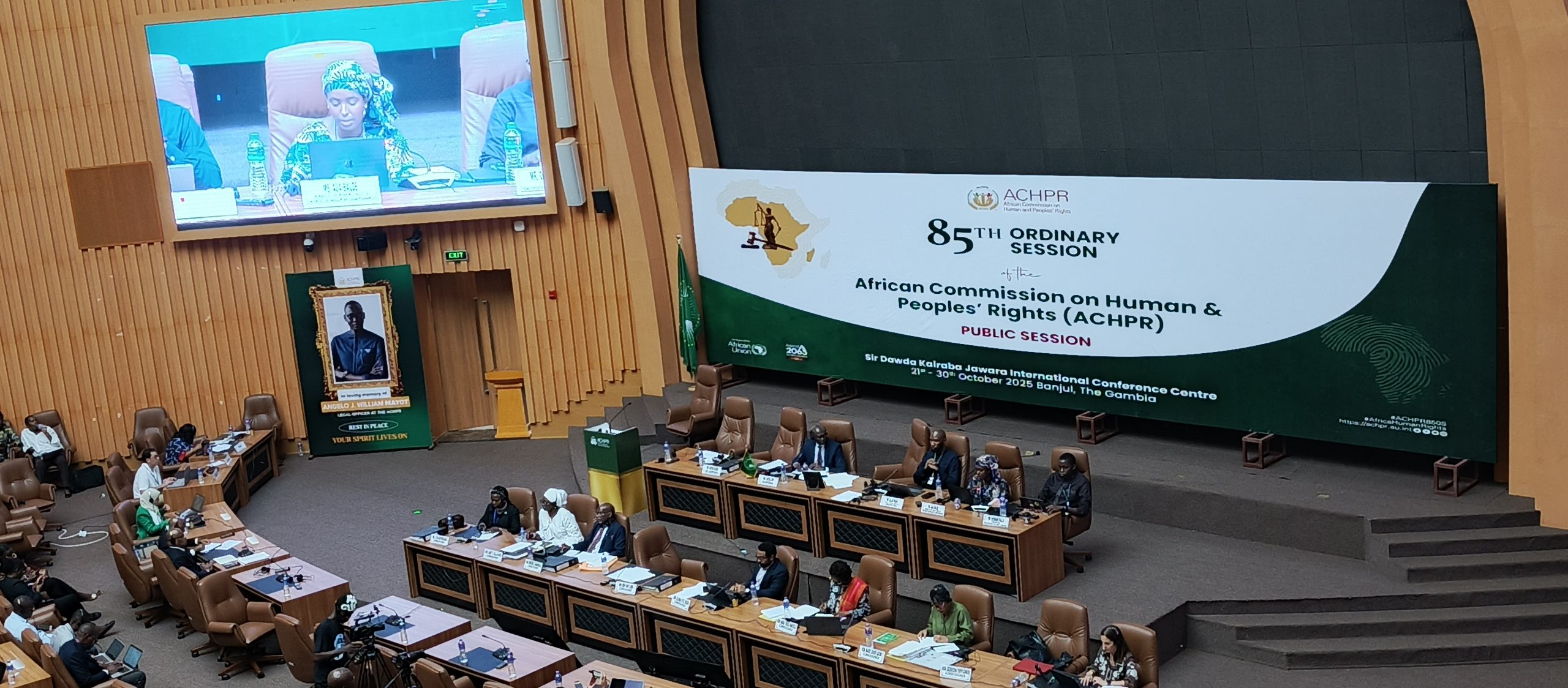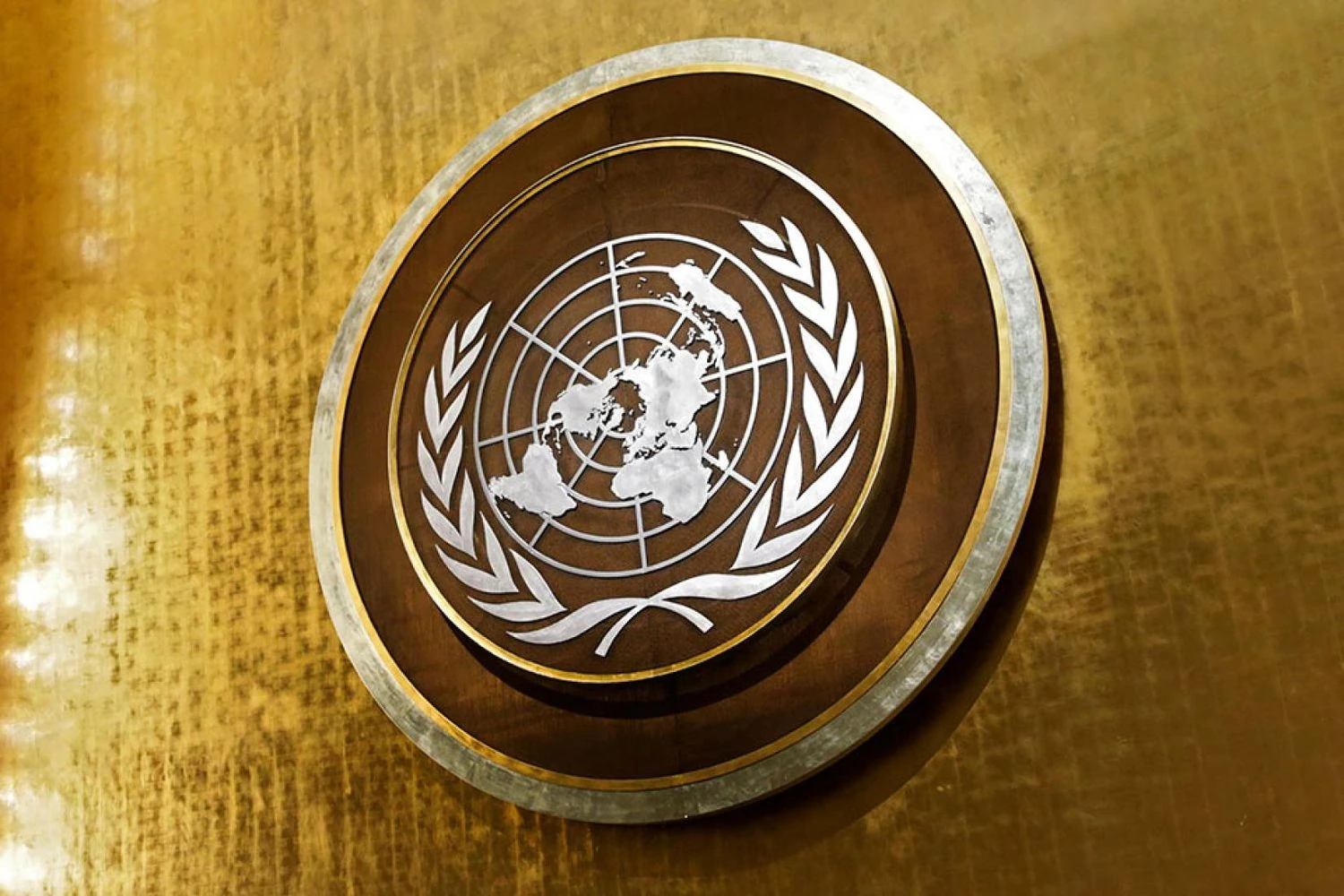South Africans living in Australia and New Zealand can now avail passport, ID, and birth registration services with ease – PR Newswire
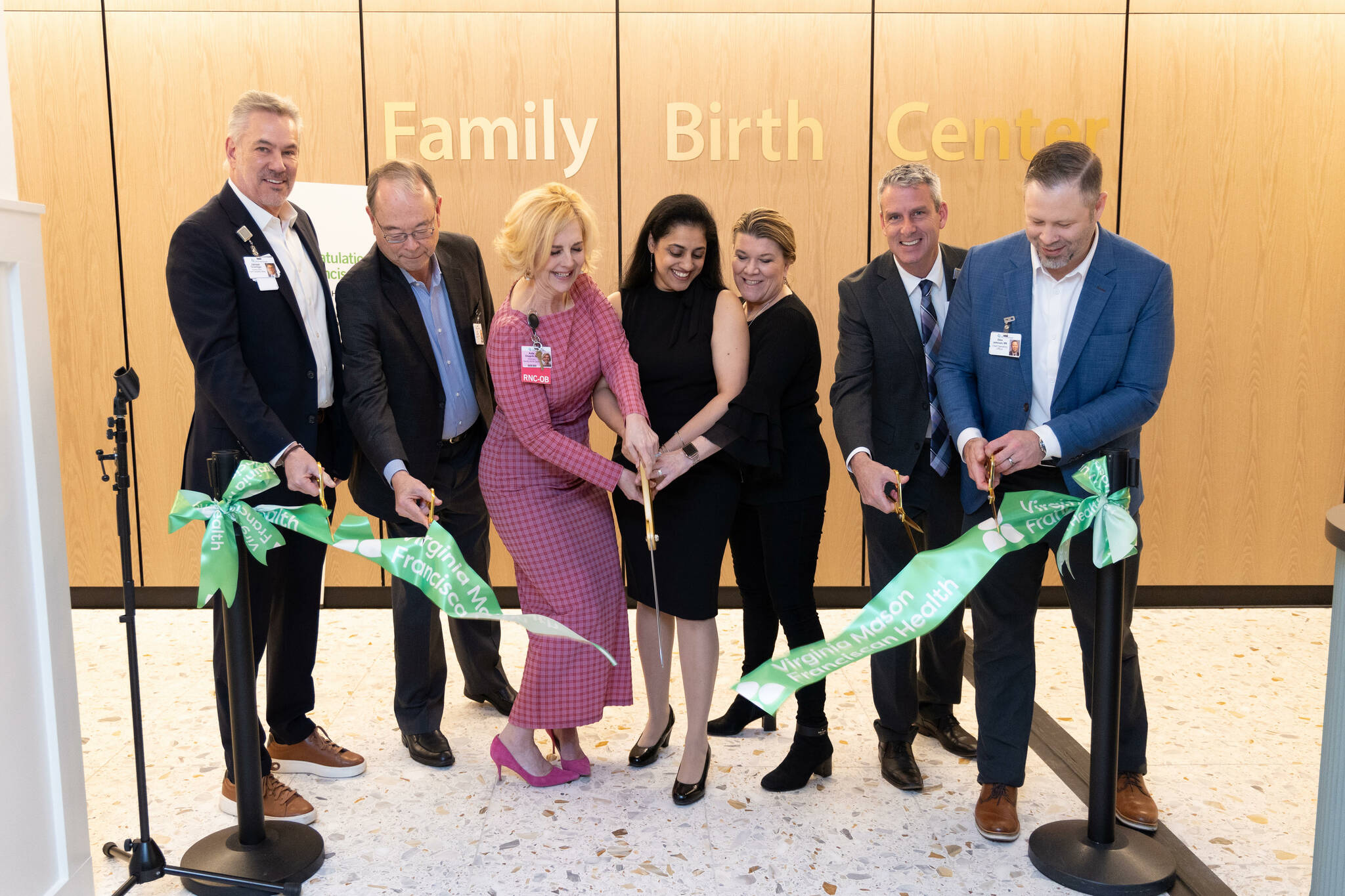
Report on the Expansion of South African Consular Services in Australia and New Zealand: An Analysis of Contributions to the Sustainable Development Goals
1.0 Executive Summary
This report details the strategic expansion of consular services by the Republic of South Africa’s Department of Home Affairs (DHA) through a public-private partnership with VFS Global. The establishment of new service centres in Australia and New Zealand is designed to provide essential identity and registration services to the South African diaspora. This initiative makes a significant and direct contribution to the United Nations Sustainable Development Goals (SDGs), particularly SDG 16 (Peace, Justice and Strong Institutions), SDG 10 (Reduced Inequalities), and SDG 17 (Partnerships for the Goals).
2.0 Initiative Overview
The partnership aims to address the growing need for accessible government services for South African nationals residing abroad by leveraging VFS Global’s scalable service infrastructure.
- Objective: To provide South African citizens in Australia and New Zealand with direct and efficient access to essential consular services.
- Services Provided:
- Passport application and renewal
- National ID card services
- Birth registration
- New Centre Locations:
- Australia: Sydney, Melbourne
- New Zealand: Auckland, Wellington
3.0 Alignment with Sustainable Development Goals (SDGs)
The expansion of these services is fundamentally aligned with the 2030 Agenda for Sustainable Development, delivering progress on several key goals.
- SDG 16: Peace, Justice and Strong Institutions
- The initiative directly supports Target 16.9: “By 2030, provide legal identity for all, including birth registration.” By facilitating passport, ID, and birth registration services, the partnership ensures South African nationals abroad can obtain and maintain their legal identity, which is a fundamental human right and a cornerstone of justice and inclusion.
- It advances Target 16.6 by developing “effective, accountable and transparent institutions at all levels.” This outsourcing model makes the DHA’s services more effective and accessible to its citizens, demonstrating institutional accountability beyond national borders.
- SDG 10: Reduced Inequalities
- This project actively works to reduce inequalities in access to state services for the diaspora community, supporting Target 10.2 to “empower and promote the social, economic and political inclusion of all.”
- Possession of valid identity documents is critical for legal employment, education, and access to financial and healthcare services, thereby removing significant barriers to the social and economic inclusion of citizens living abroad.
- SDG 17: Partnerships for the Goals
- The collaboration between the DHA (a public institution) and VFS Global (a private enterprise) is a clear example of Target 17.17, which encourages “effective public, public-private and civil society partnerships.”
- This partnership model leverages private sector expertise in logistics, technology, and customer service to achieve public development objectives efficiently and effectively.
4.0 Inauguration and Operational Details
The new centres were officially inaugurated in July 2025, with all four locations now operational.
- Inauguration Officials:
- Auckland (15 July 2025): H.E. Mr. Johnny Sexwale, South African High Commissioner to New Zealand.
- Sydney (16 July 2025) & Melbourne (18 July 2025): Honourable Minister of Home Affairs Dr. Leon Schreiber.
- Centre Locations and Business Hours:
- Australia (Hours: 9AM to 5PM)
- Melbourne: Level 5, 332 St Kilda Road, Melbourne 3004
- Sydney: Level 6, 88 Pitt Street, Sydney, NSW 2000
- New Zealand (Hours: 9AM to 4PM)
- Auckland: Huawei Center, Level 8, 120 Albert Street, Auckland CBD, Auckland 1010
- Wellington: Level 6, 50 Manners Street, Te Aro, Wellington 6011
- Australia (Hours: 9AM to 5PM)
5.0 Conclusion
The establishment of DHA Services Centres in Australia and New Zealand is a commendable strategic initiative that strengthens South Africa’s institutional framework. By ensuring access to legal identity, the program not only serves the immediate needs of its diaspora but also makes a direct, measurable, and impactful contribution to achieving the global Sustainable Development Goals.
Analysis of Sustainable Development Goals (SDGs) in the Article
1. Which SDGs are addressed or connected to the issues highlighted in the article?
-
SDG 16: Peace, Justice and Strong Institutions
This goal is directly addressed. The article discusses the provision of fundamental government services to citizens, specifically passport, ID, and birth registration. These services are essential for establishing a legal identity, which is a cornerstone of accessing justice, social services, and participating in society. By expanding these services, the South African government, in partnership with VFS Global, is strengthening its institutional capacity to serve its citizens, even those living abroad, thereby promoting inclusivity and access to rights.
2. What specific targets under those SDGs can be identified based on the article’s content?
-
Target 16.9: By 2030, provide legal identity for all, including birth registration.
This target is the most relevant. The article explicitly states that the new centers will provide “passport, ID, and birth registration services.” These three services are the primary means by which a state confers a legal identity upon its citizens. The initiative to open new centers in Australia and New Zealand for South African nationals is a direct action aimed at ensuring that all citizens, regardless of their location, can obtain or renew their legal identity documents, which perfectly aligns with the objective of Target 16.9.
3. Are there any indicators mentioned or implied in the article that can be used to measure progress towards the identified targets?
-
Indicator 16.9.1: Proportion of children under 5 years of age whose births have been registered with a civil authority, by age.
This indicator is directly implied by the article’s mention of providing “birth registration services.” While the article does not provide statistics or data on the proportion of children registered, the establishment of new, accessible centers to facilitate this process is a clear mechanism to improve this indicator for South African children born abroad. The success of these centers could be measured by the number of birth registrations processed.
-
Implied Indicator: Accessibility and provision of legal identity documents (passports, IDs).
The article implies a broader indicator related to the accessibility of legal identity for all citizens, not just children. The expansion of “passport” and “ID” renewal services is a tangible measure of progress. The number of new service centers opened (four in total across Australia and New Zealand), their operating hours, and the range of services offered (from appointment booking to biometric enrolment) are all metrics that demonstrate an increased capacity to provide legal identity for the South African diaspora.
SDGs, Targets, and Indicators Table
| SDGs | Targets | Indicators |
|---|---|---|
| SDG 16: Peace, Justice and Strong Institutions | Target 16.9: By 2030, provide legal identity for all, including birth registration. |
|
Source: prnewswire.com

What is Your Reaction?
 Like
0
Like
0
 Dislike
0
Dislike
0
 Love
0
Love
0
 Funny
0
Funny
0
 Angry
0
Angry
0
 Sad
0
Sad
0
 Wow
0
Wow
0
